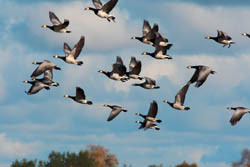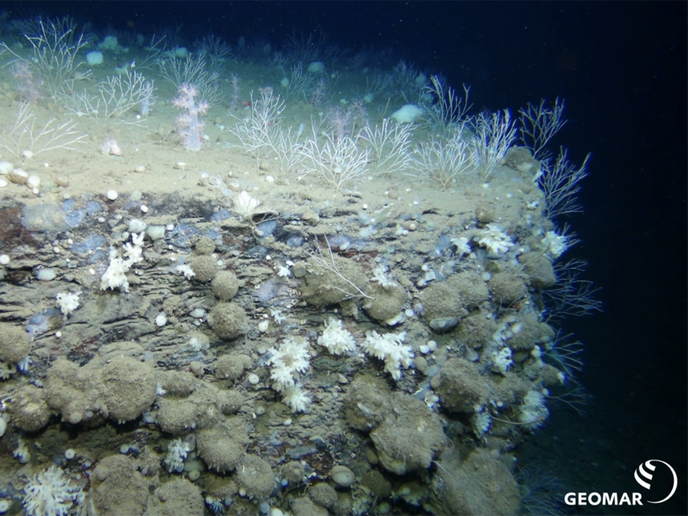How Arctic geese outrun climate change
As the Arctic is experiencing some of the most rapid and severe climate changes on Earth, its animal species must adapt or die. Scientists are keen to understand adaptive responses so that they can better predict the ecological impact of climate change. The EU-funded GOOSEPHYSIOL project approached this problem by studying Arctic barnacle geese, which have successfully spread into new temperate environments over past decades. Scientists predicted that geese from the Arctic would have decreased parasite pressure. This hypothesis was supported, with researchers finding fewer intestinal parasites in Arctic geese than in temperate-breeding geese, meaning the risk of infection is greater in the novel temperate breeding environment. They also found evidence of adjustments in immunocompetence, with temperate-breeding geese upregulating some but not all of the investigated immune factors. The GOOSEPHYSIOL team showed that geese in climate-harsh Arctic conditions grew much faster than temperate-breeding geese, reinforcing the supposed benefits of breeding at higher latitudes. Importantly, this has laid the foundation for future research investigating possible trade-offs between immune defence and energy metabolism in young geese raised in the different environments. This research has yielded novel insights into the types of physiological adaptations a species must make in order to adjust to rapidly changing environments. It also highlights the importance of animal migration and the ability to move to new habitats undeveloped by humans.
Keywords
Geese, climate change, adaptive responses, barnacle goose, Arctic, parasites







